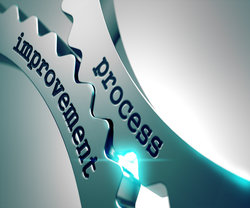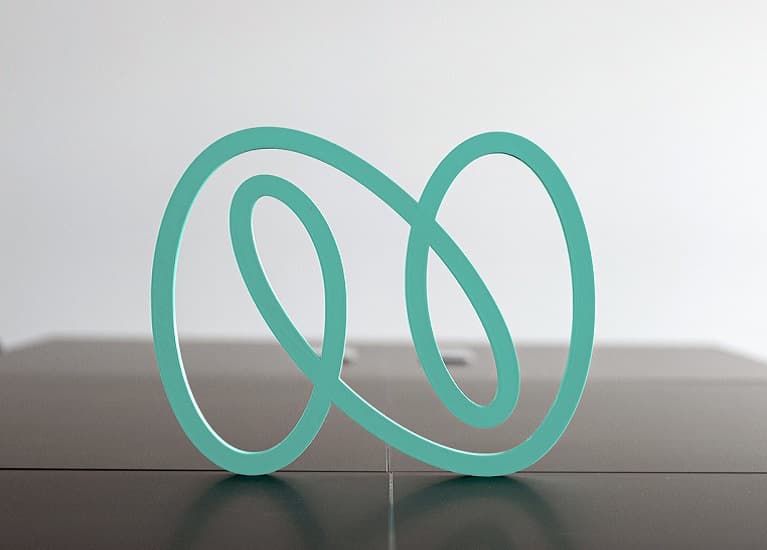
Ashok Thomas
 Spurred on by demands for certifications placed upon them by their sales teams, many organizations embark on "process improvement" journeys, creating processes that are well decorated with myriads of certifications and industry accolades. Having invested time and money into this journey, and having displayed these decorated processes over and over again to their customers, these organizations then recklessly start enforcing these processes upon their unsuspecting victims – the hapless employees. Most consultants call this phase as “institutionalization”. Very much like flogging a donkey till it agrees with you that it is a horse. Some of the keywords that you hear in such organizations are - audits, compliance (or lack of it), discipline, certifications, evidence, data, metrics, checklists, procedures, etc.
Spurred on by demands for certifications placed upon them by their sales teams, many organizations embark on "process improvement" journeys, creating processes that are well decorated with myriads of certifications and industry accolades. Having invested time and money into this journey, and having displayed these decorated processes over and over again to their customers, these organizations then recklessly start enforcing these processes upon their unsuspecting victims – the hapless employees. Most consultants call this phase as “institutionalization”. Very much like flogging a donkey till it agrees with you that it is a horse. Some of the keywords that you hear in such organizations are - audits, compliance (or lack of it), discipline, certifications, evidence, data, metrics, checklists, procedures, etc.
So what’s wrong in having a process? Or in having the discipline to follow this process? Or in getting an accreditation for this process? Nothing, right? But perhaps there is one secret ingredient that is missing in these processes, and which is a lack of institutionalized belief. From the top management to the trainee, nobody in the organization believes in these processes. And so these processes continue to rot their way into the psyche of the organization, until one day the donkey starts believing that it is, indeed a horse. It usually takes an irate customer to show the donkey a mirror and wake it from its slumber.
Institutionalized belief, in my humble opinion, is the foundation of an effective process. You can teach your child how to brush their teeth, and discipline them into brushing their teeth every day for the rest of their lives. But unless you help them believe in the value that comes with brushing their teeth, they will never do so in a manner that benefits them. Similarly, with processes in an organization, if you do not believe in the value of preparing minutes of your meetings, you will never prepare an MoM that serves any value to anyone; irrespective of whether you have the best of tools or templates to aid you or the best of training on how to use these tools and templates. On the other hand, if there is an institutionalized belief in the value that comes from preparing minutes of meetings, then tools and templates will cease to matter – the value of this practice will flow from whatever method you use.
So, do not be like the emperor who parades around naked in his fictitious new clothes. Introspect and see whether you truly believe in the process that you follow. If you do, then you need not worry about institutionalization, or compliance, or certification. These will follow.




